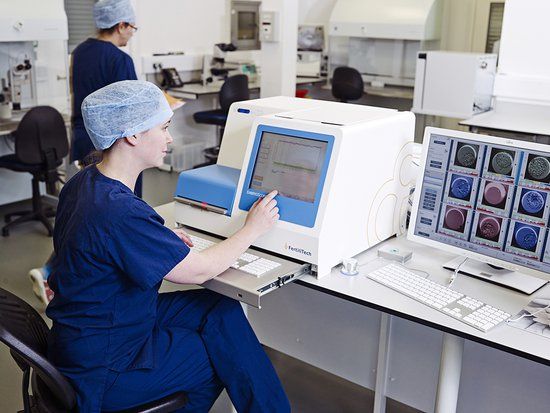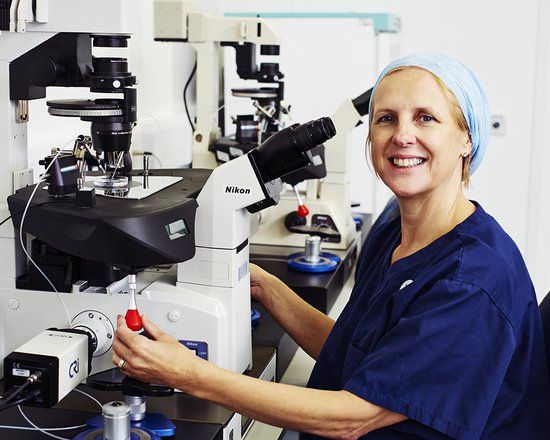It seems that almost every day the media has headlines about a new IVF breakthrough or infertility treatment success, which claims to dramatically improve success rates or provide hope in the face of failure.
But what’s the truth behind these headlines? And have they ever affected your choice of treatment and which private IVF clinic you choose to go to?
When new IVF successes or treatments are reported, it’s crucial to look behind the headlines to see the real results. In most cases, infertility trials are small and as such if you look carefully, you’ll see these headlines are often accompanied by calls from experts exercising caution and the need for larger-scale testing on wider numbers of infertile couples, to prove they work for more than just an extreme few.
At Manchester Fertility, we do not offer what we would call ‘experimental’ treatments. We only offer treatments which have proven, evidence-based results and which have been fully and clinically tested and shown to have measurable benefit for the patients we see.
As an open and honest clinic it would be unethical of us to promote treatments which we feel only have either no chance of success in the vast majority of cases, or very limited success for very small numbers of people, whilst charging you for these types of treatment.
What we will do is always be transparent with you about the chances of your treatment working, and what it involves. Remember that every patient we see is individual and unique, and so what may work for one person, may not work for you.
We plan your treatment based on your personal diagnosis and circumstances, and whilst isolated media reports of ‘breakthrough’ success can seem promising and exciting, it’s what will help you have a baby now that is important – not an unproven treatment that is years away from being fully assessed. Find out more today about how our expert team can help you by contact our friendly team of Patient Advisors on 0161 300 2737.
Last updated: 22nd October 2013





